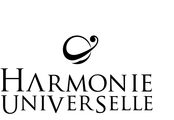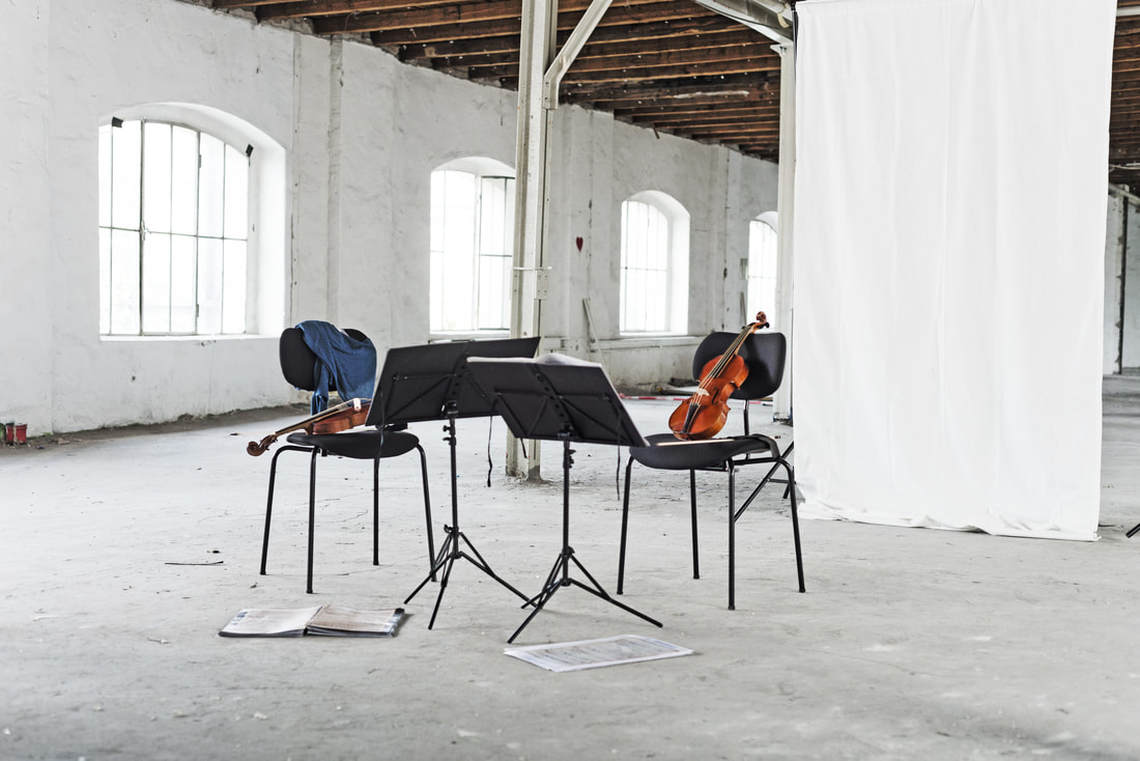MÓNICA WAISMAN AND
FLORIAN DEUTER IN CONVERSATION
|
Thomas Höft: Harmonie Universelle – it almost sounds like a utopian society. Is that the reason you chose the name?
Monica Waisman: The idea did originate that way. But there’s more behind it. “Harmonie Universelle” is the name of a philosophical treatise about music written in the 17th century by Marin Mersenne. So the name combines historical roots with a modern message. And I think that really reflects the vision of our ensemble. Florian Deuter: An ideal name.. TH: In his treatise, Mersenne describes the harmony between the universe as a whole and the proportions in music. You play mainly early music today. How do you transmit messages from the past into the present? FD: First of all, in terms of the idea of harmony in general: we started out as an international ensemble. Monica comes from Argentina, I’m German. In the beginning we collaborated with musicians from Canada, France and Hungary. Now, many more nationalities are represented in the ensemble. This was a conscious choice: we wanted to show how music can bring people together across cultural boundaries. And that’s still really important to us. MW: Absolutely. But not only for cultural reasons, also for musical ones: personalities and characters are what make an ensemble distinctive. Even if there’s a conductor, different people with different ideas are what gives spice to playing together. And how much more so in an ensemble without a conductor. The variety of ideas and ways of playing ideally lead to incredibly rich music-making. TH: But isn’t is also very challenging? I don’t think I’m giving anything away when I mention that you two are not only musical partners. And you’re very different. Doesn’t that make for friction? FD: Yes, it definitely does. But this friction is the whole point. Because it gets resolved, the musical result is richer and deeper because of it. At least, we think so. MW: In fact, we’re really quite different, as are our musical backgrounds, a bit yin and yang. I’m Argentinean and studied the modern violin in the US. And then I went to Holland, where I had my real start with the baroque violin. Florian and I met later, playing with Les Musiciens du Louvre. FD: And I come from a totally German musical family. When I heard Musica Antiqua Köln and Reinhard Goebel in 1986, I knew what I wanted to do. That’s how I came to the baroque violin, and I’ve been playing if for over 30 years now. MW: And even though I now play almost only baroque, I’ve never lost my interest in contemporary music. Really modern! I miss it; I want to play more of that music in the future. FD: A really interesting avenue is asking contemporary composers to write music for old instruments. TH: In your 14 years of Harmonie Universelle, what have you achieved that was especially important to you? FD: We’ve compiled a really broad repertoire. We started with Telemann, and then came our love affair with the 17th century. We played Leclair, and then grew in order to play Corelli and Vivaldi, and finally ended up with the Viennese School. The ensemble has appeared in nearly every shape, from a large orchestra down to a chamber music duo, and I’m really proud of this range and variety. TH: And where will the journey take you next? MW: Right into the present. It used to be in vogue for early music musicians to also play contemporary music. That may have gone out of style, but we definitely want to do it. We have a few ideas: in fact, we’ve already asked the composer Claudio Baroni if he would compose pieces for us inspired by Leclair’s sonatas. FD: Even if our roots are firmly in the 17th and 18th centuries, excursions into the present can only enrich us—and our audience. But that’s only a part of our plans. We also want to develop new programming concepts for early music concerts, to reach the broadest audience possible. There’s so much to share, not just for one specialized group of listeners—it’s available to everyone. And sometimes the traditional concert format is simply too limited. We need to give a lot of thought to ways of reaching our audience. MW: For example, by mixing familiar pieces with the less familiar. I’ll never get tired of playing Bach’s Brandenburg Concertos: it’s fabulous music. But there’s so much from the past that’s out there, waiting to be discovered. And that’s exactly what we want to do in the future! TH: Best of luck! |

